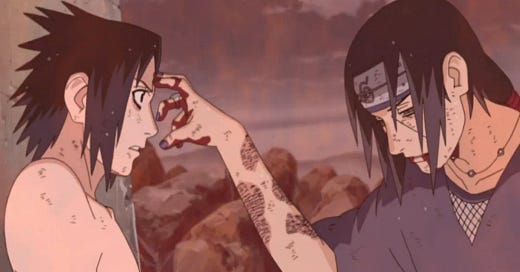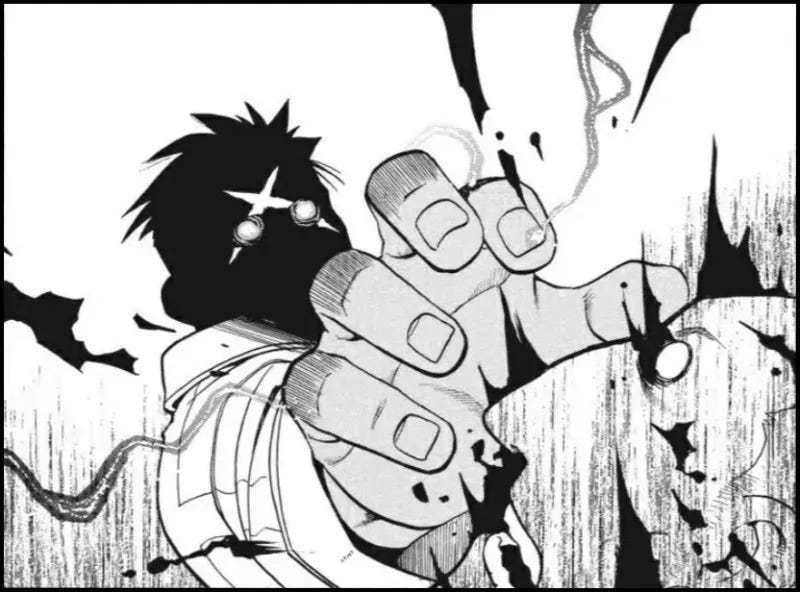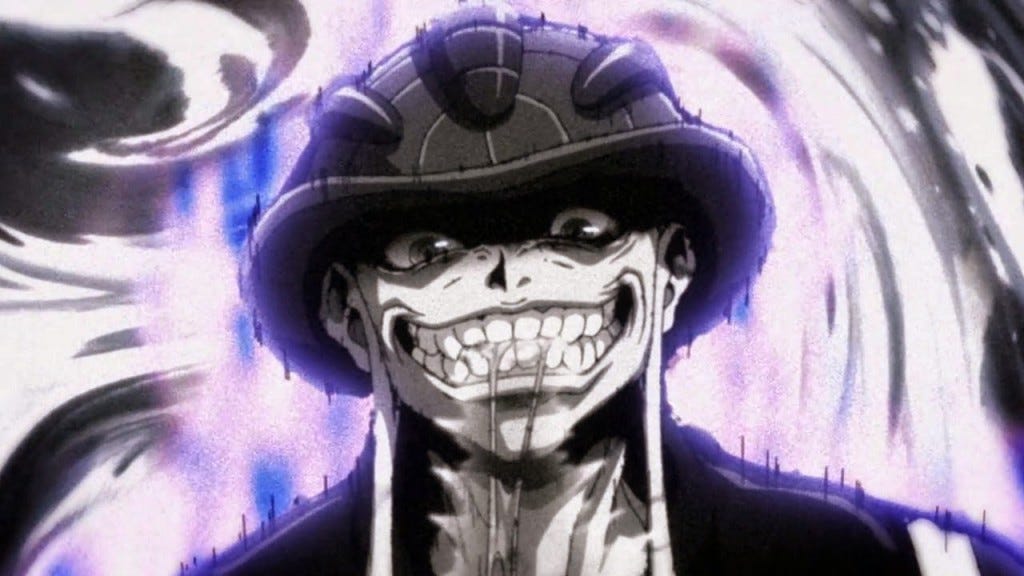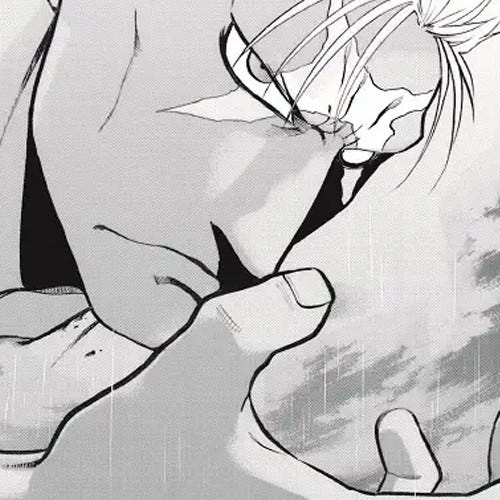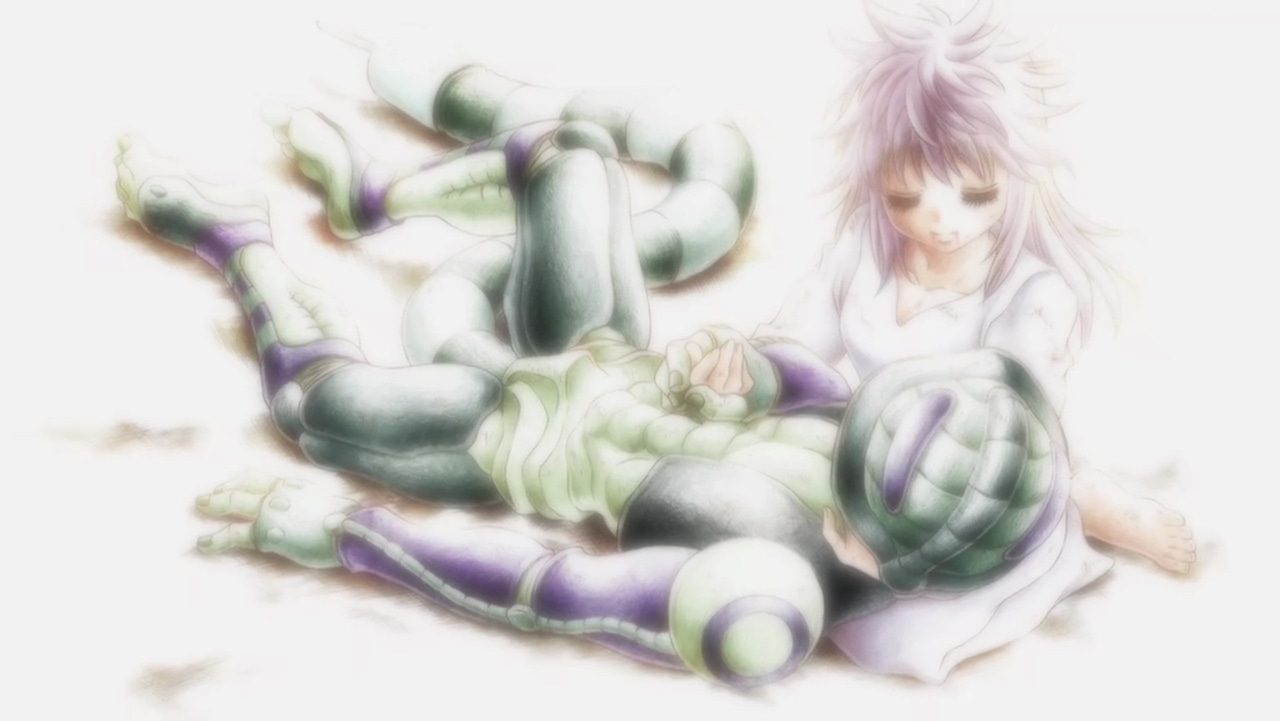Redemption is a powerful theme in storytelling, offering characters the chance to confront their past actions, grow, and ultimately find a path toward forgiveness. In the world of anime, redemption arcs hold a special appeal, showcasing complex character development and emotional depth. In this article, we’ll explore the redemption stories of three iconic anime villains: Itachi Uchiha from Naruto, Scar from Fullmetal Alchemist, and Meruem from Hunter x Hunter. By examining their motivations, turning points, and paths to redemption, we will gain insight into the transformative power of forgiveness and the lasting impact of these arcs on anime storytelling.
Understanding the Villain's Motivations
To appreciate a villain's redemption, it's essential to understand their motivations and the events that led them down a dark path. This section will cover the backstories of Itachi, Scar, and Meruem, shedding light on the factors that shaped their characters.
Itachi Uchiha (Naruto)
Itachi Uchiha was once a prodigious member of the Uchiha clan, renowned for his intelligence, skill, and integrity. However, his world came crashing down when he was forced to make an unthinkable decision: to annihilate his own clan in order to prevent a devastating coup d'état against Konohagakure, the village he was sworn to protect. In order to maintain the secrecy of his mission and protect his younger brother, Sasuke, Itachi chose to shoulder the blame and live a life of infamy as a rogue ninja and a member of the criminal organization, Akatsuki. His actions, while seemingly villainous, were driven by a deep sense of duty, self-sacrifice, and love for his brother.
Scar (Fullmetal Alchemist)
Scar, an Ishvalan monk turned vengeful killer, was driven by the horrific memories of the Ishvalan Civil War and the extermination of his people. The war was instigated by the Amestrian military, which employed State Alchemists to carry out a brutal genocide. Scar lost his family, friends, and his right arm during the conflict. In response, he embarked on a quest for vengeance against the State Alchemists who had destroyed his world. His anger and grief fueled his desire for retribution, blinding him to the possibility of redemption.
Meruem (Hunter x Hunter)
Meruem, the Chimera Ant King, was born with immense power and an insatiable hunger for knowledge. As the leader of an evolving species, he sought to establish dominance over the human world and create a new order with the Chimera Ants at the top of the food chain. His initial motivations were driven by a sense of superiority and entitlement, coupled with a lack of empathy for humans whom he viewed as lesser beings. His arrogance and ruthless nature made him a formidable and terrifying antagonist.
The Turning Point: Catalysts for Change
A key element of a redemption arc is the turning point, the threshold-crossing moment when a character begins to question their actions and beliefs, setting the stage for personal transformation. In this section, we will examine the events that sparked change in Itachi, Scar, and Meruem.
Itachi's true intentions revealed after his death
The turning point for Itachi's redemption occurred posthumously, after his final battle with his brother, Sasuke. As Sasuke learned the truth about Itachi's actions from Tobi, he realized that Itachi had made the ultimate sacrifice to protect both him and the village. This development is a retcon, short for “retroactive continuity” — a plot device that changes the viewer’s understanding of previous events after the fact based on a key new piece of information.
That revelation changed the way both Sasuke and the audience perceived Itachi, revealing his true intentions and marking the beginning of his redemption. Itachi's selflessness, borne from a deep love for his brother and the village, finally came to light, and his tragic story resonated with the audience.
Scar's encounter with the Elric brothers and understanding of the bigger picture
Scar's turning point came after multiple encounters with Edward and Alphonse Elric, two young alchemists who were also searching for answers regarding the truth behind the military's actions in Ishval. The brothers, despite their status as State Alchemists, were driven by a desire to right their own wrongs and save innocent lives. Through their interactions, Scar came to recognize that his blind quest for vengeance was not the answer to healing the wounds of the past. Instead, he needed to work alongside those who shared his desire for justice, even if they were once considered enemies. This realization marked the beginning of Scar's path to redemption.
Meruem's interactions with Komugi
Meruem's turning point was sparked by his unlikely friendship with Komugi, a blind girl who was a master of the (sadly) fictional strategic board game Gungi. Through their interactions, Meruem began to question his own beliefs about the value of human life and the nature of power. Komugi's intelligence, kindness, and unwavering spirit in the face of her own vulnerability caused Meruem to reevaluate his perception of humans and to recognize their potential for greatness. This newfound understanding led Meruem to reexamine his goals and motivations, ultimately paving the way for his redemption.
The Path to Redemption: Emotional Growth and Change
The journey toward redemption is marked by emotional growth and change as characters confront their past actions and develop new perspectives.
Itachi's posthumous redemption and recognition of his sacrifices
Itachi's redemption came through the revelations of his true intentions and the extent of his sacrifices. His story of self-sacrifice for the greater good deeply resonated with both the characters in the series and the audience. Itachi's love for his brother, Sasuke, was a driving force behind his actions, and the fact that he willingly chose to shoulder the burden of infamy demonstrated the depth of his character (think Lelouch in the end of Code Geass, Takizawa in Eden of the East, Sydney Carton in A Tale of Two Cities… the list goes on!). As the truth about Itachi's past unfolded, his legacy was transformed from that of a villain to a tragic hero.
Scar's shift from revenge-driven to an ally against a greater evil
Scar's path to redemption was marked by a gradual shift in focus from seeking vengeance to fighting for justice. By acknowledging the complexity of the world and the existence of good even within those he once saw as enemies, Scar was able to let go of his hatred and channel his energy toward a greater cause. As he joined forces with the Elric brothers and other allies to combat a shared enemy, Scar demonstrated his growth by recognizing the importance of forgiveness and unity in the face of adversity.
Meruem's newfound compassion and willingness to coexist with humans
Meruem's redemption hinged on his growing compassion and ability to empathize with humans. As he developed a deeper understanding of humanity through his relationship with Komugi, Meruem began to question the fundamental beliefs that had once guided his actions. He came to recognize the value of individual lives and the potential for cooperation between humans and Chimera Ants. This emotional growth ultimately led Meruem to seek a peaceful resolution to the conflict between his species and humanity, marking a significant departure from his earlier antagonistic stance.
The Power of Forgiveness: Acceptance and Atonement
Forgiveness, both from oneself and others, plays a crucial role in the redemption process. In this section, we will examine how the characters in Naruto, Fullmetal Alchemist, and Hunter x Hunter responded to the redemption of Itachi, Scar, and Meruem, as well as the role of forgiveness and atonement in their respective arcs.
Sasuke's eventual understanding and acceptance of Itachi's actions
As Sasuke came to terms with the truth about Itachi's actions, he began to grapple with a complex mix of emotions, including grief, guilt, and eventually, forgiveness. By understanding the sacrifices Itachi made for the sake of the village and his brother, Sasuke was able to forgive and honor Itachi's memory, setting aside his own thirst for vengeance. This acceptance allowed Sasuke to redirect his focus and seek a new path, ultimately striving to protect what Itachi had fought so hard to preserve.
The Elric brothers' and other characters' willingness to work with Scar
As Scar's motivations and actions evolved, so did the perception of him by the other characters in Fullmetal Alchemist. The Elric brothers, in particular, came to see Scar as an ally, recognizing that their shared goal of exposing the truth behind the military's actions in Ishval outweighed their initial animosity. By working together and forging a bond of trust, the characters demonstrated the power of forgiveness and the potential for growth and healing, even in the face of seemingly insurmountable odds.
The impact of Meruem's actions on the Chimera Ant arc's resolution
In Hunter x Hunter, Meruem's redemption had a profound impact on the resolution of the Chimera Ant arc. His willingness to seek a peaceful resolution to the conflict, as well as his growing empathy and understanding of humanity, played a significant role in shaping the narrative's outcome. While Meruem ultimately met a tragic end, his journey toward redemption served as a powerful testament to the transformative power of forgiveness and the potential for even the most fearsome villains to find a path toward redemption.
The Lasting Impact of Redemption Arcs on Anime Storytelling
Well-executed redemption arcs can create memorable and beloved characters whose journeys resonate with audiences on a deep emotional level. By exploring the complexities of these reformed villains and the transformative power of forgiveness, anime storytelling can offer valuable lessons about empathy, growth, and the potential for change.
The emotional resonance of redemption arcs not only contributes to the enduring appeal of the series they belong to, but also serves as a reminder of the importance of understanding and forgiveness in our own lives. These stories challenge us to examine our own beliefs, assumptions, and actions, inviting reflection and growth.


